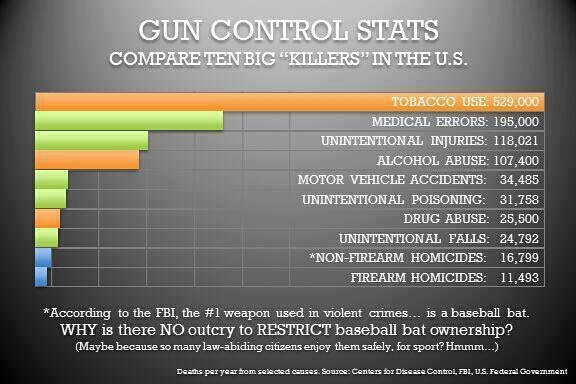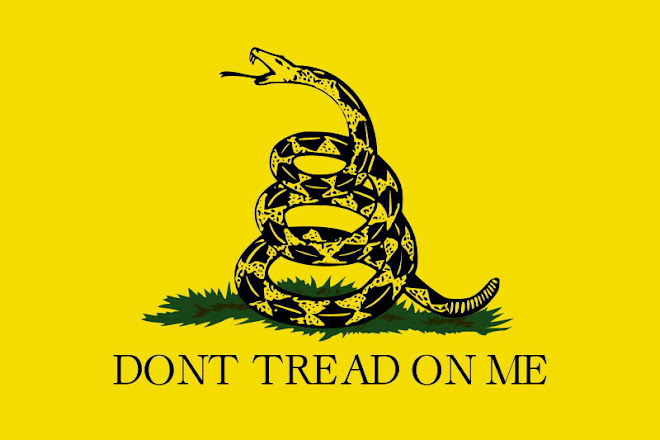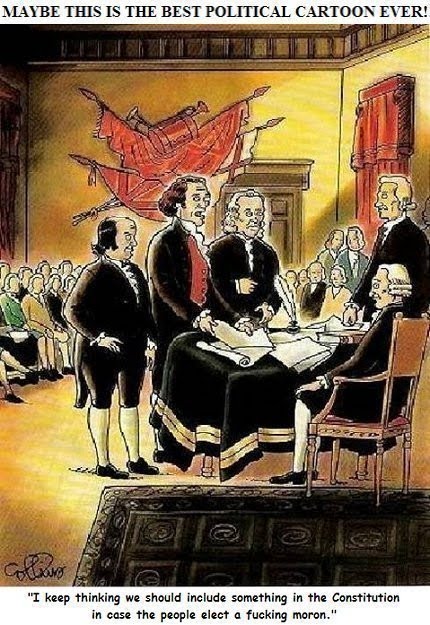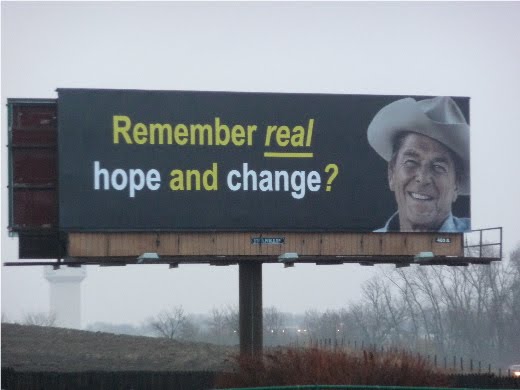Saturday, April 21, 2012
This week, with Dr. Tim
What Money Can't Buy
Posted: 20 Apr 2012
As long as we are going to spend the next several months yelling at each other over who makes too much and who makes too little, I thought it might be helpful to talk a little bit about what people actually make and why.
Let’s start with who makes the most money – according the Bureau of Labor Statistics, there are 42 professions whose median pay is $100,000 or higher. Number 42 is nuclear engineer, and from there income rises in professions you would probably expect – pharmacists, lawyers, doctors, executives, airline pilots, engineers, architects, law professors, judges.
What may come as a surprise are the (relatively) modest median incomes for those very top-paying professions. Surgeons top the list at $219,000; CEO’s come in at #9 with a median income of $167,000; dentists at #12 and $156,000; lawyers at #16 with $129,000.
Most of us hear “CEO” and think “millions”, or hear “surgeon” and think “Beverly Hills”. $219k is what we would have guessed for alimony, not median income. We think of the lawyers who make millions off rain-maker settlements, when in reality half of our barristers toil away earning just a little more than a married pair of high school teachers ($55,500).
I wonder how many of the class warriors on the left who rail against unfair CEO pay, and how many of their counterweights on the right who rail against outrageous teacher pay, had any idea until just now what the median pay for CEO’s and teachers actually are.
Down at the low end of the wage scale are the jobs you would also probably expect – fast food workers, dishwashers, cashiers, amusement park attendants, ushers. The 300 lowest-paying professions all pay less than $36,500 and the lowest 12 pay less than $10 per hour. Like the song says, they work hard for the money.
Interestingly, not one of the ten highest-paying professions appears on the list of the ten highest satisfaction ratings (www.myplan.com). The most satisfying professions are singers ($36,000) and firefighters ($47,000). As a former volunteer firefighter, I can totally relate; we loved that job so much we did for free - and God Bless every firefighter who reads this, whether paid or volunteer.
The least satisfied are clerks – municipal clerks, mail clerks, insurance clerks, front-desk clerks. And sandwiched in the midst of all those clerks, for reasons I don’t understand (but have a friend or two who does, I bet) Program Directors in radio and TV. Maybe they wanted to be singers or firefighters.
The ten professions (in order) who employ the most people are retail sales, cashiers, office clerks, food preparers, registered nurses, waiters and waitresses, customer service representatives, freight handlers and movers, janitors and cleaners, and stocking clerks. For a nation that grew rich by making things, that is a scary list.
The median wage for all working Americans is $34,460 – half of us make less, half make more. It is certainly doesn’t buy very much, and we can thank the Fed for that as they devalue our currency to finance the massive debt we have amassed, but that is another post for another day.
Creative writers, listed at #213, make a median income of $34,650 (don’t I wish), unless they are economists, in which case they are paid $96,230 (#48) for making up stories. Or if they don’t mind flat-out lying, they can upgrade to Political Scientists (#41) at $101,500. Lighten up, it’s just a joke.
Do you want a high-paying job? Then you should know what makes some jobs pay more than others. The easy answer is education, of course, but there are plenty of exceptions to that general rule. The median pay for petroleum engineers (B.S. degree) is 50% higher than that of Professor of Foreign Language (Ph.D.), for example. Rotary drill operators need only to graduate from high school, where they learned from B.A. and M.A teachers who earn a lot less.
Naturally, each profession has its own specific body of vocational knowledge that must be acquired to even enter the profession – pilots must know how to fly, welders to weld, counselors to counsel, and so on. But knowing and doing are two different things, and the MyPlan website lists the skills and abilities needed to perform each of the 600 jobs in its database.
There seem to be three common threads among the top-paying professions. The most commonly-cited critical skills required to perform them are reading comprehension, critical thinking, active listening, active learning, judgment and decision-making.
And the most commonly-cited abilities among these professions are problem sensitivity, written and oral expression, written and oral comprehension, speech clarity, and reasoning (deductive and inductive).
Along with education, skill, and ability, the most important common characteristic of high-paying jobs is that the consequences of failure are catastrophic. When a surgeon or air traffic controller screws up, someone dies; the highly compensated live in a world where there are no excuses, no passing of blame, and no mulligans. You must own your mistakes and not make the same ones twice if you want to work.
Surgeons and CEO’s were not born with a special gene that enabled them to think, listen, learn, judge, decide, write, clarify, reason, and accept complete accountability for the consequences of their actions. These things used to be taught in school, in the home, at church, in scouts, in clubs, in sports.
Most people can’t go back to school, and even if they did would probably not find these things taught there anymore. But there is something you can do to develop those skills and abilities it takes to increase your value and therefore your pay – volunteer.
Charities, civic groups, churches, political organizations, professional associations, clubs – any form of volunteering allows you to grow and discover without worrying about getting fired when you mess up. Willing mentors are happy to help those who want to learn, and practice really does make perfect.
Most highly-successful (and rich) people I know began volunteering in high-school or college and attribute much of their success to the skills and abilities they acquired while giving to others. Libertarians love volunteering, because we don’t trust the government to do anything that we can do for ourselves; but everyone can volunteer for whatever reason they like, and everyone should.
Because most happy people I know still volunteer – and happiness is wealth that money can’t buy. So be happy and volunteer – and along the way, you will find yourself acquiring skills and abilities that will qualify you for bigger jobs with bigger paychecks.
“Moment Of Clarity” is a weekly commentary by Libertarian writer and speaker Tim Nerenz, Ph.D. Visit Tim’s website www.timnerenz.com to find your moment and order Tim’s new book, “BRING IT!










































































